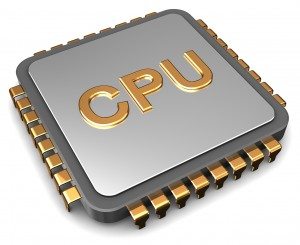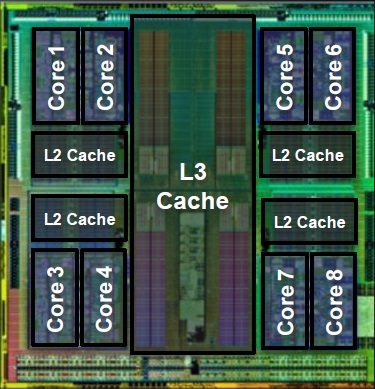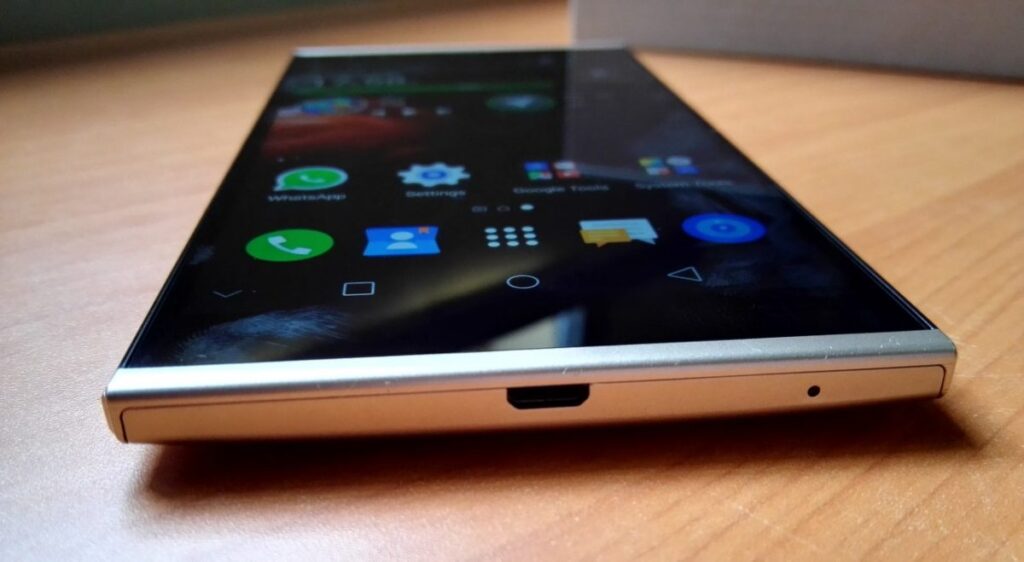To dominate the mobile market, OEMs now go into specifications war, beefing up their devices’ specifications every year. Their marketers capitalize on consumers’ ignorance, selling lies and making money off them. Sadly, this trend will continue until consumers know the technicalities behind these things. However, it’s a known fact that this will never happen; OEMs will continue with these gimmicks while consumers keep getting fooled.
Take camera resolution for example, a lot of consumers would rather go for a phone with 21MP camera with only f/2.8 aperture instead of a 12MP camera with f/1.8 aperture and OIS. This is because they believe that the 21MP camera would produce better pictures. These huge numbers do not always matter and we debunked this in a previous article.
An octa-core processor is not always better than a quad-core processor
While a lot of consumers have an idea of what processors do and how they contribute to the overall efficiency of a smartphone, many do not realize that an octa-core processor is not always better than a quad-core processor.
An octa-core processor has 8 cores, with a quad-core processor having just 4 cores. Since more is better, anyone would think a device with 8 cores is the real deal.
What these cores mean
Your processor is the Central Processing Unit that processes everything that happens on your device. Whether you are surfing the web, opening a file, scrolling through pages, the processor is meant to process information. The reason it’s called a processor is because it processes everything. It’s as simple as that.

Without going into techy details like memory cache, ALUs, instruction pipeline, I/O control hardware and the rest, it becomes easier to understand when the processor is seen as the Central Processing Unit, and the cores are seen as processing units within the CPU.
Having 8 cores is like having 8 people in a room working for you.
However, it should be noted that not all these 8 cores are employed at once. As a matter of fact, most applications make use of one or two cores at a time. One might argue that games need all these cores, but this is why a GPU (Graphic Processing Unit) is there to work with the CPU.
Most of the time, the other cores are just there, doing nothing. A well-coded application should never demand all cores to work. This will take a heavy toll on the battery.
What makes a good processor?
 The number of cores, right? This contributes to the overall efficiency of a processor, but it’s not even the most important.
The number of cores, right? This contributes to the overall efficiency of a processor, but it’s not even the most important.
Clock rate: This is the frequency at which the processing units or cores are running. This is normally used to indicate a processor’s speed. A 1.3GHz octa-processor cannot be compared with a 2.0GHz quad-core. The quad-core may beat the octa-core processor in single-core processing multi-core processing.
Still OEMs put 1.2GHz octa-processors on devices and make it sound like a great thing.
Architecture: Qualcomm, MediaTek, Samsung, nVidia and other companies manufacturing chipsets for mobile phones use ARM’s design and circuitry on how a processor should be built. The manufacturers use ARM’s reference design and there are different versions. A newer architecture like ARM Cortex-A73 will surpass an older architecture like ARM Cortex-A5 in performance
There are many other factors that this article will not be able to cover.
Stop focusing on the number of cores
The fastest mobile chipset in the world right now has only 4 cores, and that’s Qualcomm Snapdragon 821. Using the big.LITTLE configuration, two processors are clocked at 2.4GHz while the other two are clocked at a lower frequency of 2.0GHz.
Next time you’re picking a phone off the shelf, it’s not always about the number of cores that the processor has, be more concerned about the clock rate and architecture. OEMs will make you believe 8 cores is always better, but your phone is not really going to need them all.
And by the way, the iPhone 6s has just a dual-core processor, and it’s still one of the top 10 fastest mobile devices in the world.











